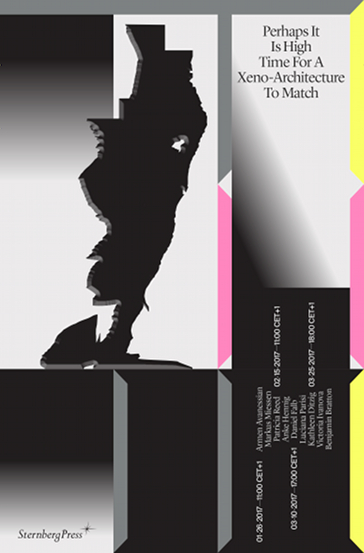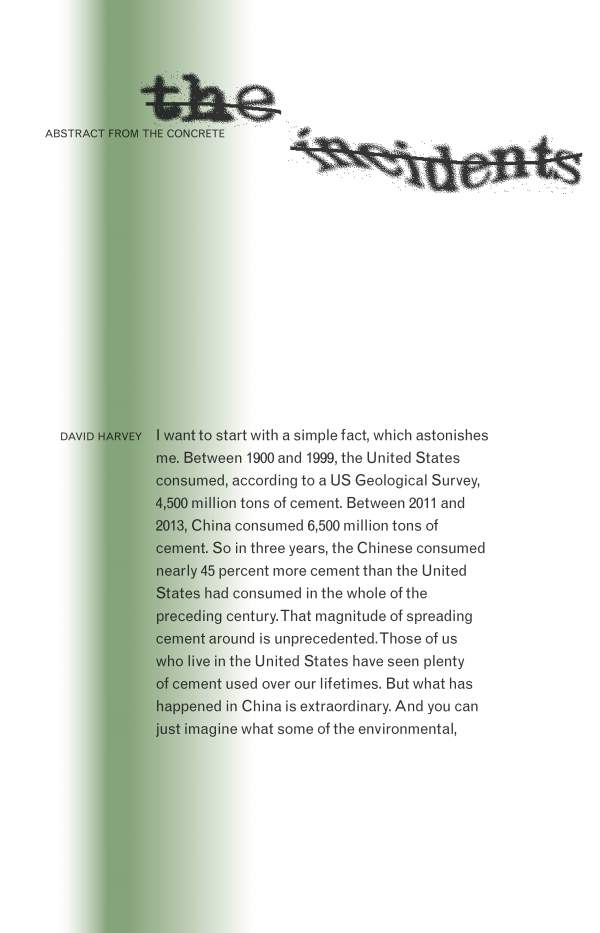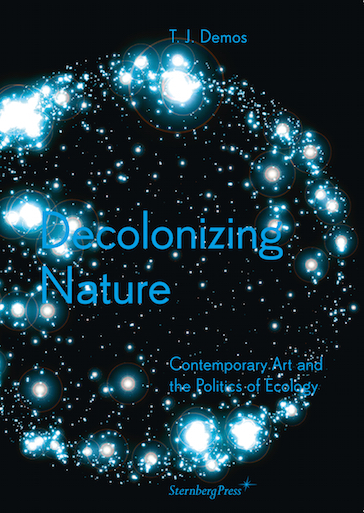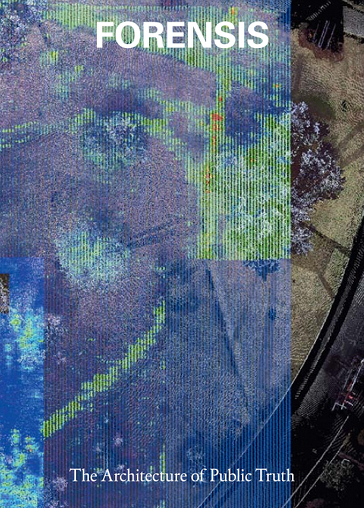Your cart is currently empty.
Cart
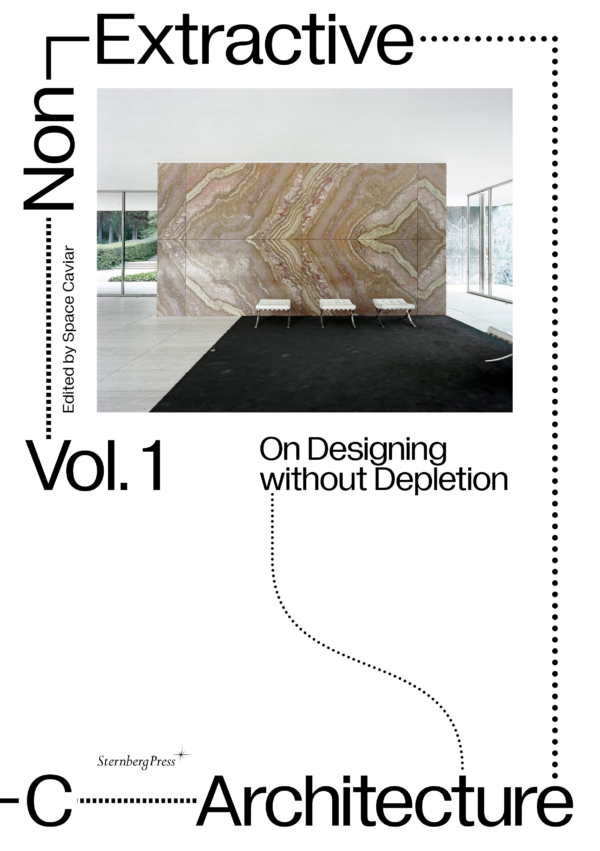
Non-Extractive Architecture Vol. 1
On Designing without Depletion
Contributions by Dele Adeyemo, Benjamin Bratton, Stephanie Carlisle, Emanuele Coccia, Keller Easterling, Swarnabh Ghosh, Macarena Gómez-Barris, Joseph Grima, Phineas Harper, Elsa Hoover, Jane Hutton, Interiors Agency, Elisa Iturbe... more
As the true urgency of the environmental crises we face becomes clear, architecture requires fundamental reinvention. The assumption that the building industry can only fulfill humanity’s needs with the irreversible exploitation of the environment, of people, and of the future needs to be reconsidered. Through a series of essays by architects, geographers, historians, economists, urbanists, and philosophers, Non-Extractive Architecture: On Designing without Depletion explores whether an alternative paradigm in design is possible, and what values it might be founded on.
Could architecture be understood as the practice of guardianship of the environment, both physical and social, rather than an agent of depletion? Could the role of the architect deal less with form and more with integration, circularity, reuse, material research, and community building? Could supply chains be made shorter, and could buildings be more closely tied to the economies in which they exist? What are the models and metrics that such a paradigm could adopt?
Softcover
€26.00
